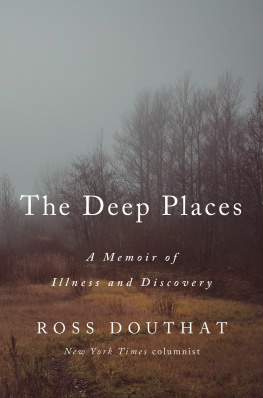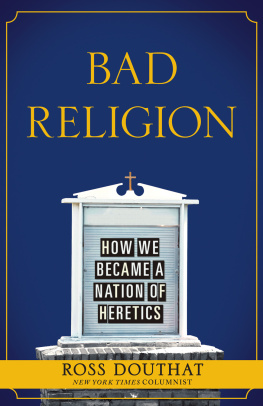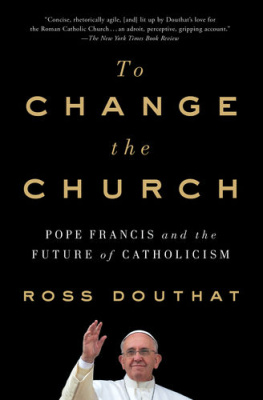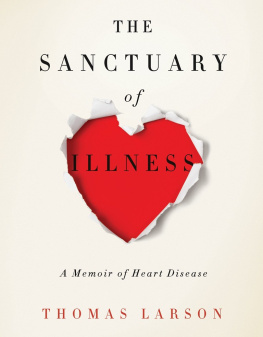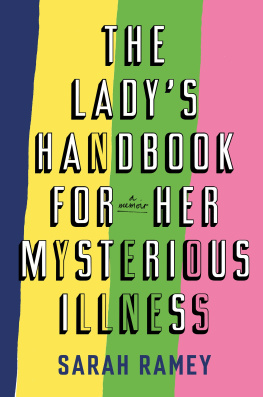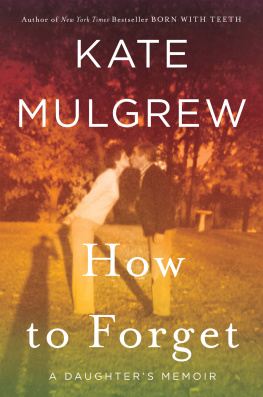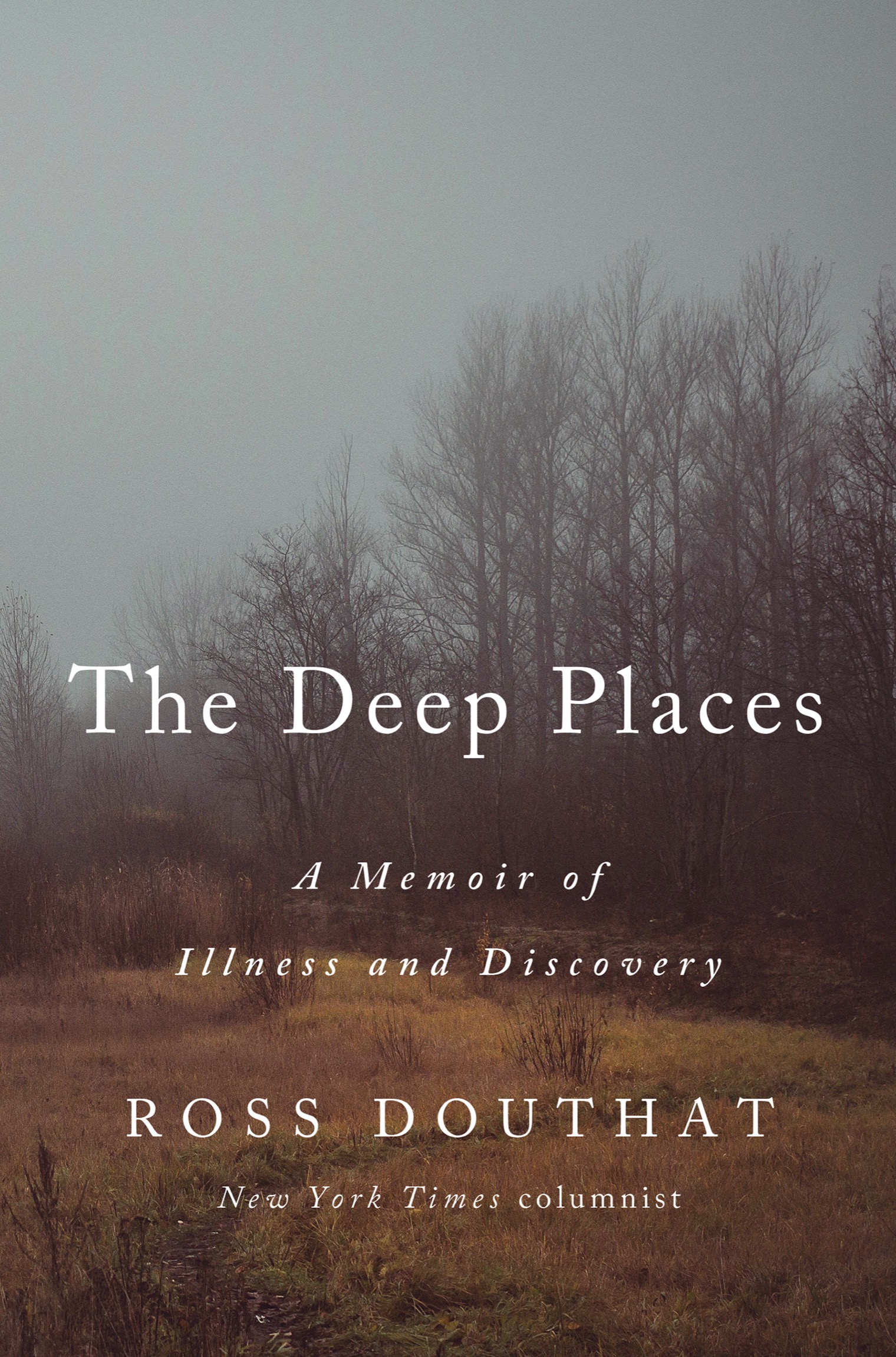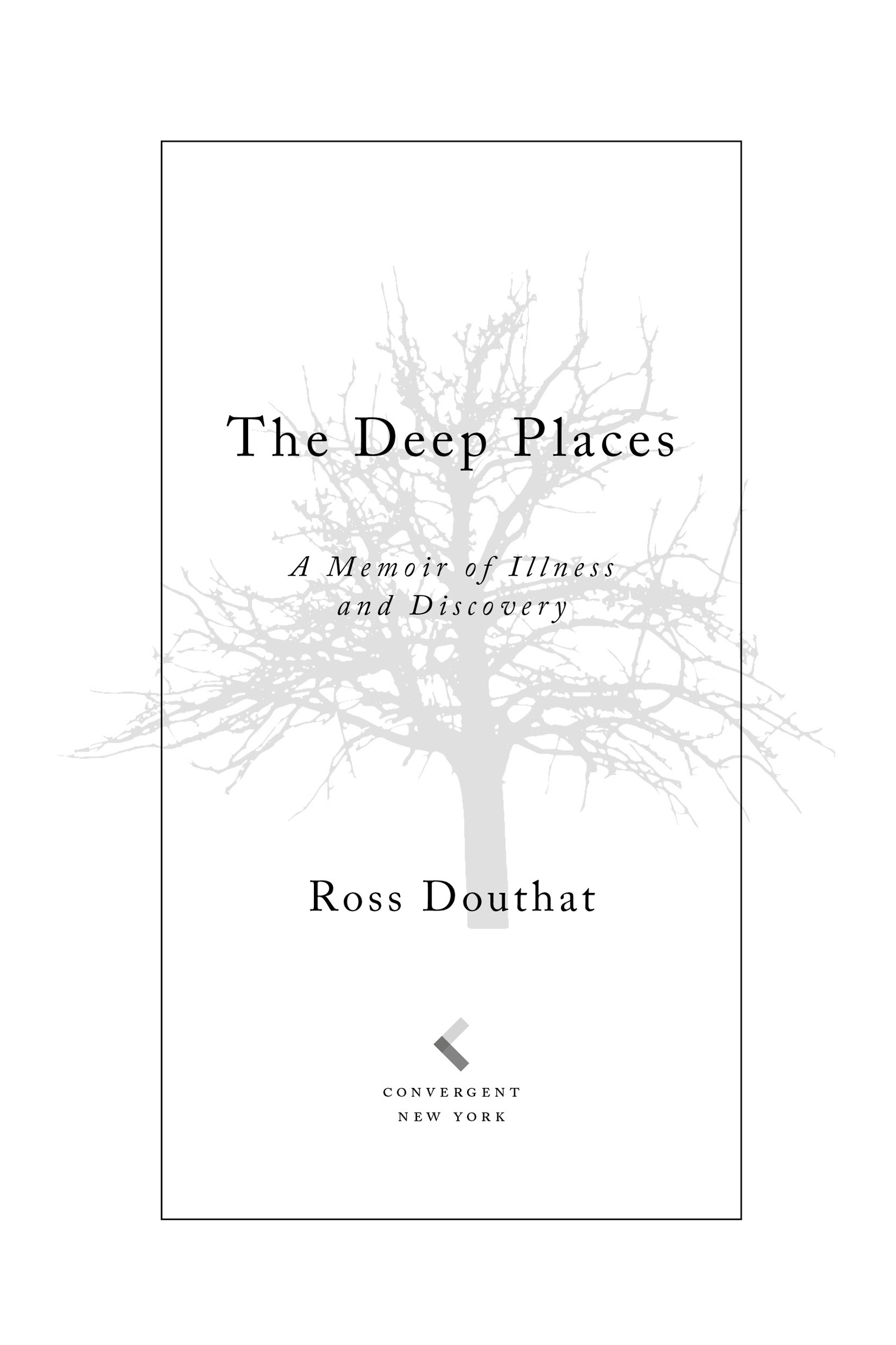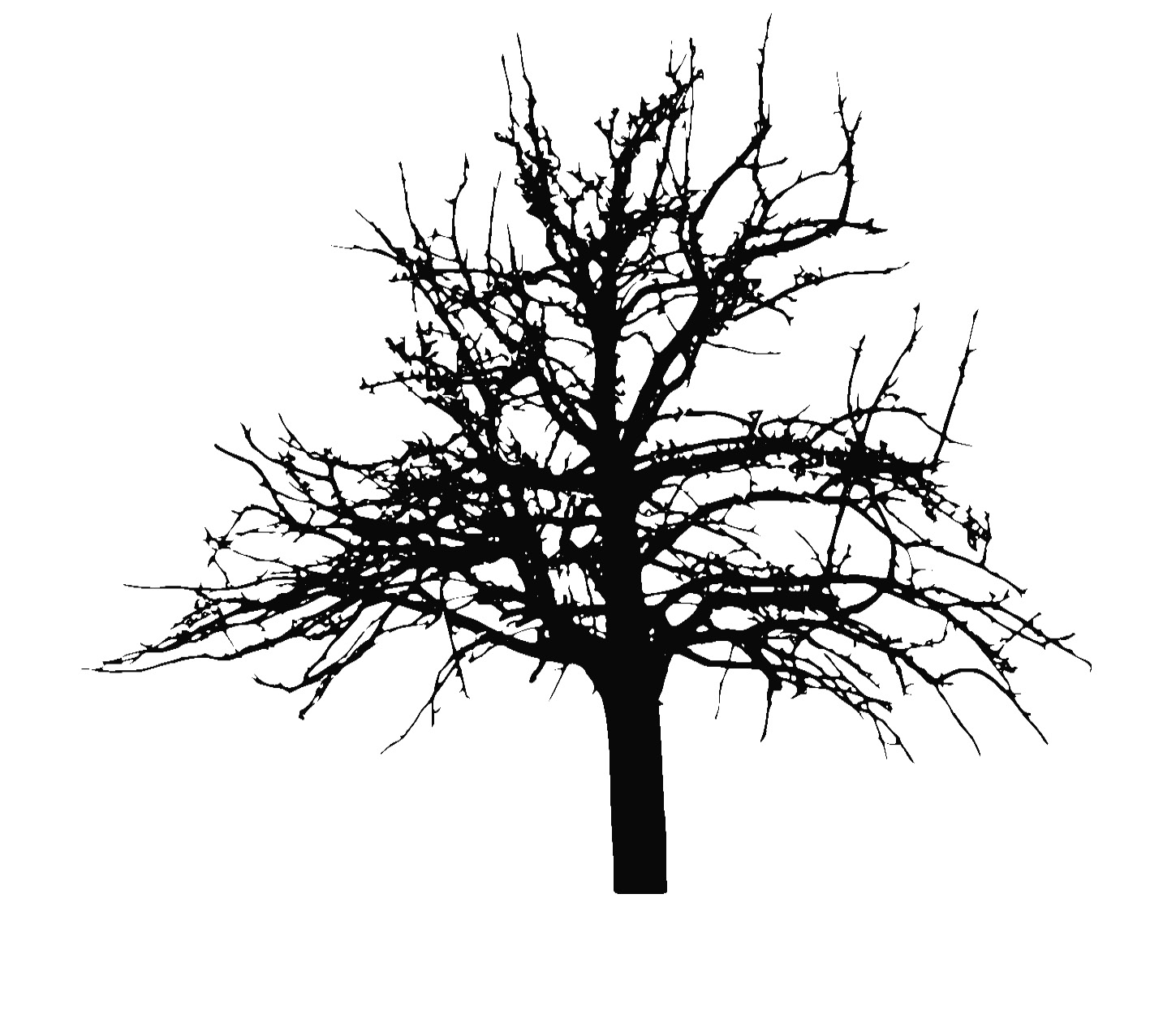Ross Douthat - The Deep Places: A Memoir of Illness and Discovery
Here you can read online Ross Douthat - The Deep Places: A Memoir of Illness and Discovery full text of the book (entire story) in english for free. Download pdf and epub, get meaning, cover and reviews about this ebook. year: 2021, publisher: The Crown Publishing Group, genre: Non-fiction. Description of the work, (preface) as well as reviews are available. Best literature library LitArk.com created for fans of good reading and offers a wide selection of genres:
Romance novel
Science fiction
Adventure
Detective
Science
History
Home and family
Prose
Art
Politics
Computer
Non-fiction
Religion
Business
Children
Humor
Choose a favorite category and find really read worthwhile books. Enjoy immersion in the world of imagination, feel the emotions of the characters or learn something new for yourself, make an fascinating discovery.
- Book:The Deep Places: A Memoir of Illness and Discovery
- Author:
- Publisher:The Crown Publishing Group
- Genre:
- Year:2021
- Rating:4 / 5
- Favourites:Add to favourites
- Your mark:
The Deep Places: A Memoir of Illness and Discovery: summary, description and annotation
We offer to read an annotation, description, summary or preface (depends on what the author of the book "The Deep Places: A Memoir of Illness and Discovery" wrote himself). If you haven't found the necessary information about the book — write in the comments, we will try to find it.
A powerful memoir about our fragile hopes in the face of chronic illness.Kate Bowler, bestselling author of Everything Happens for a Reason
In the summer of 2015, Ross Douthat was moving his family, with two young daughters and a pregnant wife, from Washington, D.C., to a sprawling farmhouse in a picturesque Connecticut town when he acquired a mysterious and devastating sickness. It left him sleepless, crippled, wracked with paina shell of himself. After months of seeing doctors and descending deeper into a physical inferno, he discovered that he had a disease which according to CDC definitions does not actually exist: the chronic form of Lyme disease, a hotly contested condition that devastates the lives of tens of thousands of people but has no official recognitionand no medically approved cure.
From a rural dream house that now felt like a prison, Douthats search for help takes him off the map of official medicine, into territory where cranks and conspiracies abound and patients are forced to take control of their own treatment and experiment on themselves. Slowly, against his instincts and assumptions, he realizes that many of the cranks and weirdos are right, that many supposed hypochondriacs are victims of an indifferent medical establishment, and that all kinds of unexpected experiences and revelations lurk beneath the surface of normal existence, in the places underneath.
The Deep Places is a story about what happens when you are terribly sick and realize that even the doctors who are willing to treat you can only do so much. Along the way, Douthat describes his struggle back toward health with wit and candor, portraying sickness as the most terrible of gifts. It teaches you to appreciate the grace of ordinary life by taking that life away from you. It reveals the deep strangeness of the world, the possibility that the reasonable people might be wrong, and the necessity of figuring out things for yourself. And it proves, day by dreadful day, that you are stronger than you ever imagined, and that even in the depths there is always hope.
Ross Douthat: author's other books
Who wrote The Deep Places: A Memoir of Illness and Discovery? Find out the surname, the name of the author of the book and a list of all author's works by series.

